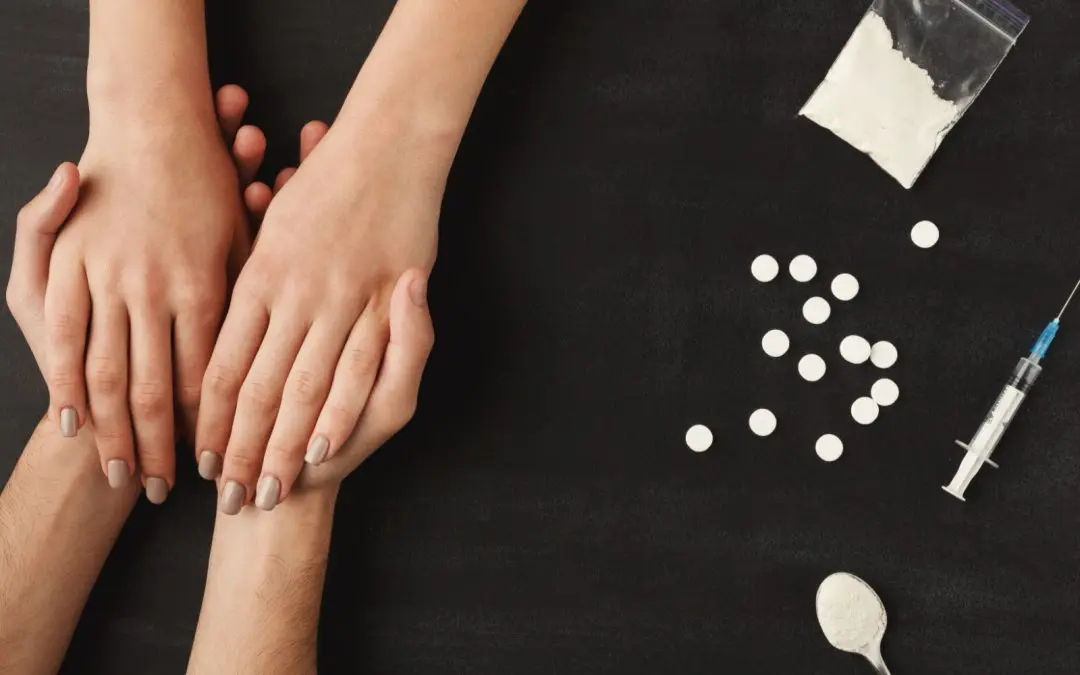24/7 Helpline:
(866) 899-111424/7 Helpline:
(866) 899-1114
Learn more about PTSD Treatment centers in Blaine
PTSD Treatment in Other Cities

Other Categories
Other Insurance Options

Health Partners

Optum

State Farm

United Health Care
Beacon

EmblemHealth

Evernorth

Horizon Healthcare Service

Magellan Health

Health Choice

WellPoint

Excellus

Coventry Health Care

American Behavioral

BHS | Behavioral Health Systems

Ceridian

WellCare Health Plans

CareFirst

CareSource

Medical Mutual of Ohio

Waterfront Counseling
Waterfront Counseling is a private rehab located in Blaine, Washington. Waterfront Counseling specia...










The Lighthouse Treatment Center
The Lighthouse Treatment Center is a private rehab located in Blaine, Washington. The Lighthouse Tre...


